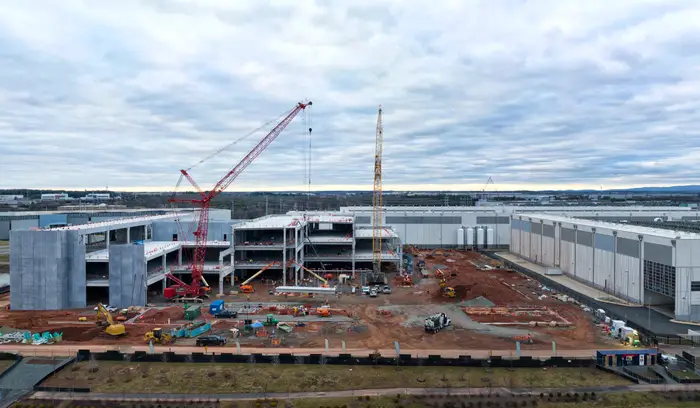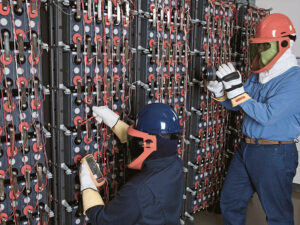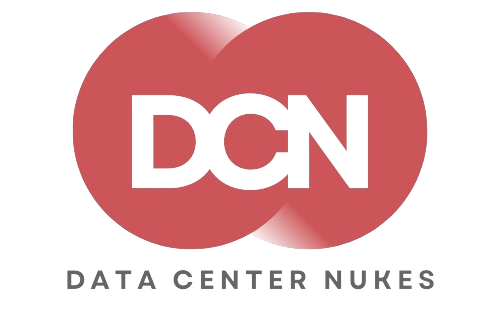Are you a nuke? Do have or want a job in a data center? Have you ever wondered how a recruiter looks at your resume and cover letter? Do they even look at your over letter? Well, this is the answer. Dave Alpert, a data center recruiter who has worked with top companies like Meta shares his wealth of knowledge on what recruiters look for in a resume and how candidates can make theirs stand out from the crowd.
Understanding the Screening Process
Before diving into resume tips, it’s important to understand how the screening process typically works. When a job is posted, it’s not uncommon for hundreds of applications to come in, especially for roles in metropolitan areas with a high concentration of data centers. Recruiters then screen the resumes to identify candidates who meet the minimum required experience and education listed in the job description. From there, the pool is narrowed down further until a small handful of candidates are selected for interviews.
To make it past these initial screening stages, you need a resume that grabs the recruiter’s attention and clearly demonstrates your qualifications.
“Employers are required to post jobs for a minimum of seven days. So that means at the end of seven days, they can close that job down to new applicants and they can make a hiring decision.”

Tailoring Your Resume to the Job Description
“It’s really important when writing a resume that you’ve read the full job description, that you read the full requirement list, and that you’re actually catering your resume to that specific need.”
One of the biggest mistakes candidates make is submitting a generic, one-size-fits-all resume. Dave emphasizes the importance of carefully reading through the job description and tailoring your resume to the specific needs and requirements of the role.
Be sure to highlight your relevant experience and skills, using the same keywords and phrases from the job description where applicable. If the job requires experience with certain technologies or systems, make it crystal clear that you have that experience. Quantifiable accomplishments are also key – instead of simply listing your responsibilities, include metrics that demonstrate the impact you had in your previous roles.
For Navy nukes in particular, Dave notes that there are many transferable skills that can be highlighted. Experience working in critical environments, collaborating cross-functionally, and managing complex projects are all highly relevant to data center roles.


The Power of a Strong Cover Letter
“If you don’t have a set framework for where that data goes, what data you’re going to collect based on the asset type, then you’re going to end up with data issues. Those data issues include duplicate asset entries, untraceable duplicate part numbers, and incorrect information.”
In addition to your resume, a compelling cover letter can go a long way in setting you apart from other candidates. Dave shares a simple but effective formula for structuring your cover letter: (I also have a much longer page that incorporates all of this advice, a template, and a very thorough example of the cover letter customized to a data center job here.)
- Open by mentioning what you admire about the company based on your research. Be specific and demonstrate a genuine interest.
- Bullet out how you exemplify the required and preferred skills listed in the job description, pulling in concrete examples from your experience. This is your chance to spell out exactly how you’re a great fit for the role.
- Close by welcoming the opportunity to discuss your qualifications further and expressing your enthusiasm for the position.
The key is to keep your cover letter concise, relevant, and engaging. Use it as an opportunity to connect the dots between your experience and the job requirements, making it easy for the recruiter to see you as a strong candidate.
Other Tips and Considerations
“Very legible, well-organized resumes are the ones that I gravitate towards.”
Beyond tailoring your resume and crafting a strong cover letter, Dave offers a few other pieces of advice:
- Resume formatting: Keep your resume legible, well-organized, and concise. There’s no need for extensive graphics or an overly elaborate design. Focus on clearly presenting your relevant experience and accomplishments.
- References: References are typically checked at the end of the process for finalists, but they can make or break a hiring decision. Be sure to select references who can speak positively to your work and provide specific examples. If you have a referral from a current employee at the company, that can also significantly boost your chances.
- Interests: Including a brief interests section at the bottom of your resume can provide a nice human touch and give interviewers something to connect with you over. Just be sure to keep it professional and uncontroversial.
Landing a data center job in today’s competitive market requires a standout resume. By understanding what recruiters like Dave look for and tailoring your application materials accordingly, you can greatly improve your chances of getting your foot in the door.
Remember to carefully read the job description, highlight your relevant experience and skills, quantify your accomplishments, and let your personality shine through. With these insider tips from a seasoned data center recruiter, you’ll be well on your way to scoring an interview and ultimately landing your dream job in the exciting and growing field of data centers.
